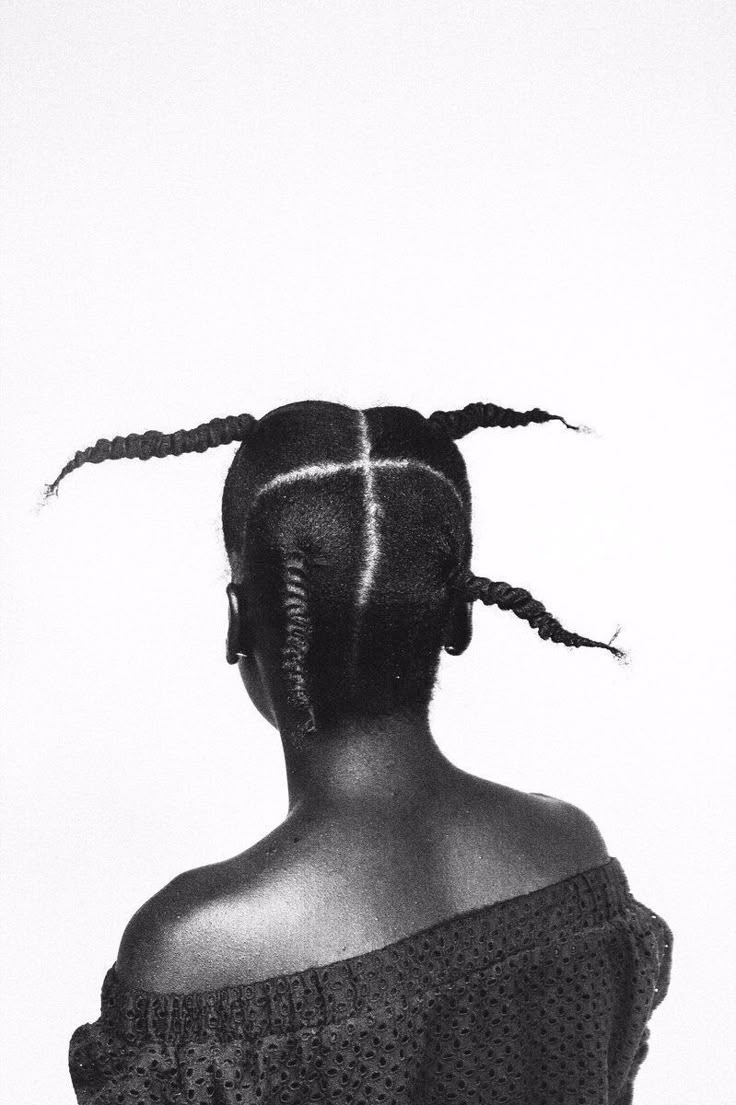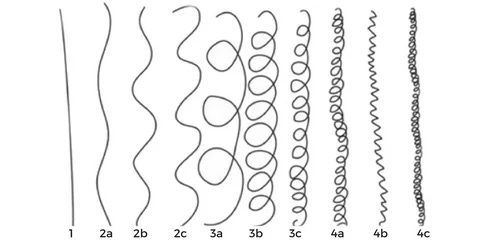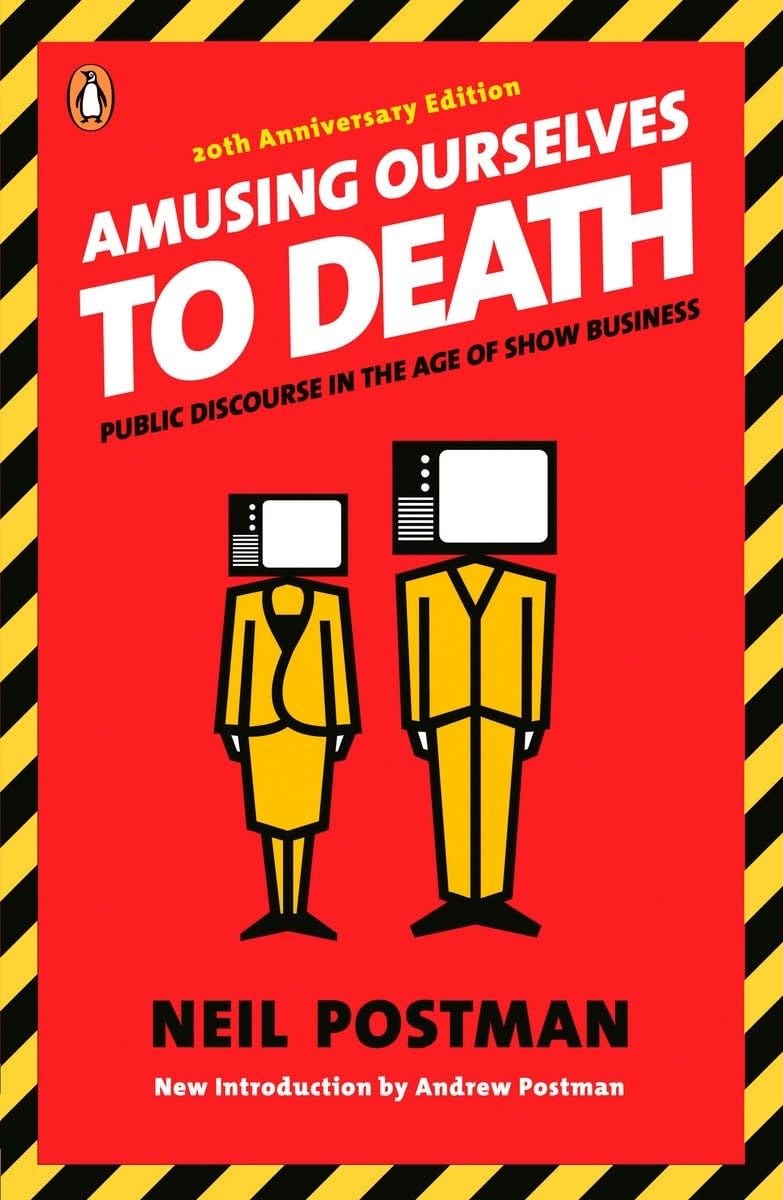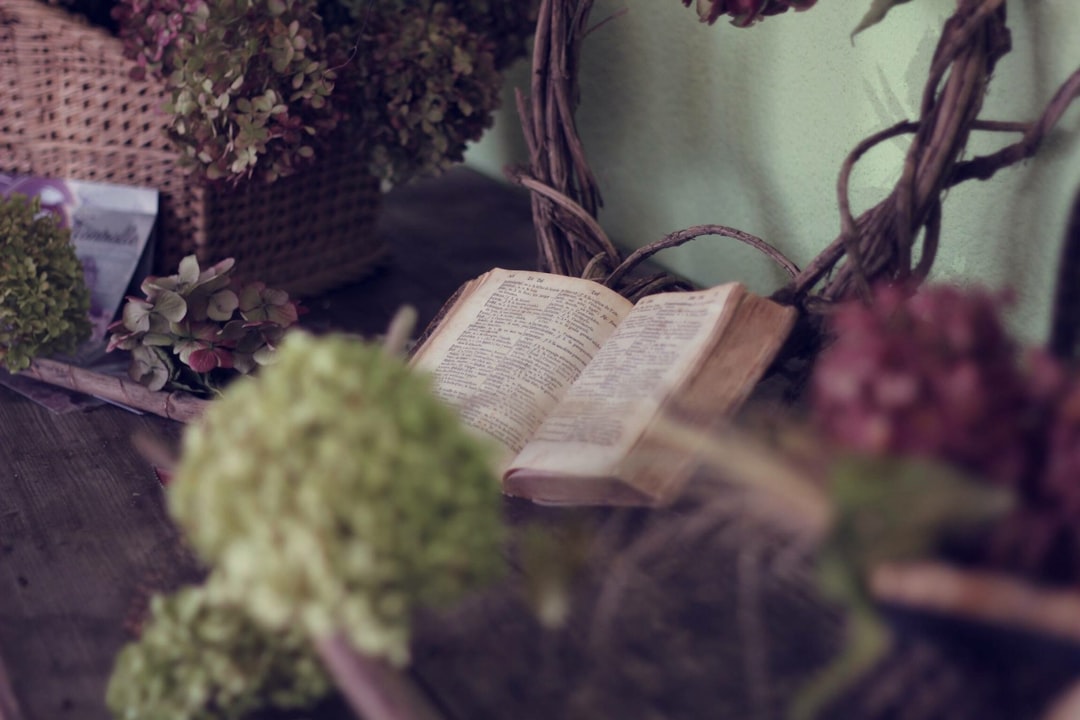Hello gentle-people,
I am known for my social media breaks. I have, in the past, thought it was necessary to announce when I was going on a break. That’s because in some ways, I miss the AOL sign in/sign out quality of the internet. Now, we are expected to always be connected on here and disconnected out there.
These days I find that I am craving depth. I find that I want the hours that I am not working to be full of life. So the little black rectangle that pulls my face into circadian-rhythm-disrupting light is getting a lot less attention from me these days. Consider that an announcement.
What will I do about Substack? I will—and want to—continually honor your attention with every word I give and in every word I take away because I am learning just how important (y)our attention is.1 The question is less about what I will do about Substack and more about what we will do. Woven may start with my stories, but I hope it inspires you to reflect on (y)ours.
[Woven: Reflections on the Wonderfully Weird Web is a series that weaves together stories of how I have been shaped by the internet. This series comes with reflective questions to help us think critically about our engagement with digital media and develop better practices of care for ourselves and others we are in community with online. You can explore more in this series here.]
Every once in awhile I go down a productivity rabbit hole. I find myself on the Stoic streets of YouTube, listening to productivity bros talk about the apps that are going to revolutionize my workflow.
This feels like a confession. This series will be lined with confessions.

I confess to wanting a new calendar app, but defaulting to Google Calendar anyways. I confess to having tried the Passion Planner and Bullet Journal—in their simplest and more adorned forms. I confess to having watched hours and hours of videos on Asana, Notion, and Obsidian.
Today I decided to search “Black women productivity” into Youtube to see if I could reset my algorithm. I landed on a video of a Black woman reminding me that we are not built to work 24/7/365.
I lied. I didn’t just land on her video. I scrolled past numerous videos of productivity routines, 5 am morning routines, uni/college routines until I saw the words “permission to pause,” alongside a familiar face. I released a sigh and simply said aloud in my room to no one but myself:
“I know those edges.”

I used to follow this woman’s natural hair journey,2 back in the day before “co wash” was a term you’d read off a hair conditioner at Target. I used to follow her journey as I started my own. I was 15 when I went natural.3 Up until that point, my mother was the only one who took care of my hair. A few friends from church, along with our youth leader at the time had already gone natural. Inspired by their moves, I watched so many videos of Black women showing their journeys from the big chop to shoulder length, armpit length, bra strap length and even waist length hair. My hair had always been short. These videos showed me that a shift in how I cared for my hair could help me see my hair at lengths I’d never seen it in before.
So I learned how to box braid and put my permed hair in some for a few months. I repeated the process until I had a enough new growth I felt comfortable with. My hair was bouncy and tightly coiled underneath the dying permed ends that I cut off until it was only a liberated short afro.4
My mother was devastated. Just wait and see, I confidently told her. In many ways I was trying to convince both her and myself that my hair would grow long. Truth is, at first, I was a little scared. The friends I had in church on the same journey as me had looser curl patterns. I didn’t see anyone around me with 4c hair like mine that was long.
I made my decisions of the strength of those video journeys alone. I bought products for my hair based on the recommendations I got from videos I watched by women with 4c hair textures. Their videos were the hardest ones to find because even in 2006, the natural hair movement was dominated by the 3a to 4a hair textures.
I pushed on with the content creators—which was not what we called them then—who looked like me and I experimented until I could get beautiful braid outs on my short hair.
I remember sitting in church in front of some boys who laughed at my hair. I sat up confidently because the videos I watched online of Black women affirming their beauty was enough for me. The compliments from my fellow natural sisters was enough for me. The competency I was beginning to feel with doing hair was enough for me.
I soon started to focus on the second oldest girl in my family who showed interest in learning about how to take care of her hair. When my mother, who had yet to see the length I promised her in my own hair resisted the reasoning behind my new techniques, I pushed back. I was doing things differently, the opposite of everything I learned from her in many ways. Looking back now I see how it could be terrifying.
But over time, my hair grew and it did get long. Once my mother saw my and my sister's length, she soon let me take care of all my sisters’ hair.
These triumphs were a direct result of what I learned from YouTube, hair care forums, a community of Black women going natural that was both in person and virtual, and countless hours of dedicated trial and error.
I know those edges, not just the ones I watched grow back with castor oil online, but I know my own edges, which stayed with me and never departed because I learned how to care for them.
I know those edges, the ones that feel frayed whenever I find myself trying to buy time by wasting it on these productivity videos. I don’t know what it is about watching someone say they feel more productive that helps me somehow feel more productive. But I know I want to pay attention to what that feeling does to me. In part because once I learned how to take care of my hair—hair that was considered ungrowable—from watching tons of YouTube. I grew my hair and my confidence in a journey into the unknown because I watched women with hair like mine displaying more confidence than I had ever had. But these women were not without their flaws and neither was the platform they shared their videos on.
I have recently read a book called Amusing Ourselves to Death by Neil Postman. I had heard of this book from one of my best friends who studied communications in college and worked for some time as a social media manager. I also heard it mentioned by a professor friend in the field of religious education. I think there may have been a few other mentions of this book, but I knew when I saw it at Goodwill, I had to buy it.
Postman’s book was published in 1985, when the Mac computer was only a year old. While he does prognosticate a bit on what he thinks will come with the increasing usage of the personal computer, he focuses the majority of his book on a medium that had long lost its novelty. Looking at TV as a medium5 and an epistemology, or a way of knowing Postman, looks at TV as a frame that has disappeared into the background. He draws attention to it and names that its consistent function is to entertain—even in its attempts to be taken seriously. He warns that we are getting “sillier by the minute” as he critiques the ways public discourse has changed because of TV.6 Postman makes the point that television has made the claim to offer something culturally significant, seeing itself as a means of access to “important cultural conversations.”7 I am still sitting with what this means and how much “serious television,” I’ve consumed while being entertained into caring about different issues.
As I read, I couldn’t help but wonder—what he would say about the mediums that we have today in 2024? Mediums built off of the foundation of television, like YouTube?
There were many times while I read that I wanted to push back. I wanted to think about examples where learning something through TV or YouTube changed my life, like my story above. There are so many ways that YouTube, which started as a site that allowed anyone to upload 10 minute long videos, democratized the spreading of information—in such a way that it led to me growing hair I could swing around.
But I can’t help but agree with him when he points to a reason for the strange malaise I feel after a productivity video binge. We have access to more information then we know what to do with. Information that is abstracted, often from containers that would enrich its contexts. Information that bogs us down, since we cannot metabolize it at the rate we consume it, meaning: I don’t have enough lifetimes to try all the apps and tools these productivity gurus are suggesting I try.
I have often tried to address the feeling of disempowerment with information overload. But I am learning to step back and look at the frames, as Postman did with television, to ask myself about what agendas these websites and apps have.
“Real time is slower than social media time”
—adrienne maree brown, Emergent Strategy
While I critique, I hope to care—for something—like I did for my hair. They don’t call it “the big chop” for nothing. It can be scary to cut off your permed hair and face a texture you’ve never dealt with yourself. It can be really hard to walk confidently through the world, wearing your hair short and waiting for it to grow long. “Just wait and see” was a long time. Longer than a natural hair journey video. While I held on to so much hope, inspired by women who shared their hair journeys on YouTube, they weren’t with me in the every day…and I wasn’t with them in theirs. Do I really know those edges? Or did the content they curated make me feel like I could know those edges?
I am constantly learning my “edges”—defined here as “limits”—and coming up against new places where, seated in my full humanity,8 I cannot go. But I am reminded by Paulo Freire that my vocation is to be human and to grow increasingly more human. I have edges defined by a way of being human that keeps reaching new limitations, even as I tend to them.
So, I wonder, gentle-people, are you tending to yours?
Landing Tracks
Are you tending to your edges? Aware of the limits of your humanity? Where do you see your edges expanding in ways so human they alert you to the pitfalls of overconsumption (of digital media)?
How do you practice living in “real time,” as opposed to social media time? Does your day to day reflect a mad rush to keep up with the pace of your timelines?
What does learning look like for you? Consider what it takes to metabolize the information you consume. Does it reflect your definition? What practices can you take to slow down your consumption of new information and sit with your own thoughts and feelings?
I know those edges: Do you also have moments where someone online feels strangely familiar? What affect/effect does that familiarity have on you? Can you take a step back to look at the frame and consider how entertainment plays a role in developing this sense of familiarity?
Name the frame: How are you being entertained?Do you find it difficult to consider this with content you consider “serious” online? How does the frame inform or shape your perspective?
Feel free to share any other insights below! I’d love to hear what is coming up for you.
Feel like you need some more grounding? Check out this post on the importance of tending, tenderness and attention.
I am currently reading a book called Stolen Time: Why You Can’t Pay Attention and y’all—I am looking forward to writing about this one.
This is her.
Yes, like the line in India.Arie’s “I am not my hair.”
Speaking of, this adorable child comes to mind at any mention of an afro.
One way to think about this is to consider a medium as a language. If reality was a language, then any attempt to explain it or name it is a translation. Each of those translations come with different modes of conversation. Just as language falls short of capturing the essence of reality we find that all we have are different frames, or mediums.
The full quote: “Indeed I hope to persuade you that the decline of a print-based epistemology and the accompanying rise of television-based epistemology has had grave consequences for public life, that we are getting sillier by the minute (Postman, 24).”
Postman, Neil, Amusing Ourselves to Death: Public Discourse in the Age of Show Business, 16.
Every time I mention the concept of being fully seated, I have to go back to EbonyJanice’s book All the Black Girls are Activists. Check out this conversation with her on the podcast I cohost with
.








Love your thoughts, as always. I have been stepping back from social media for the last couple of years, partly by choice but partly because the algorithms have changed in ways I don’t understand and can’t harness as I used to. I still find connection there, though, in ways that feel genuine and often even feel like ministry (me to another, another to me). But also there are times when I’m too tired to read or write or make art, and mindless scrolling, or binge-watching a show on Netflix, is a welcome relief.